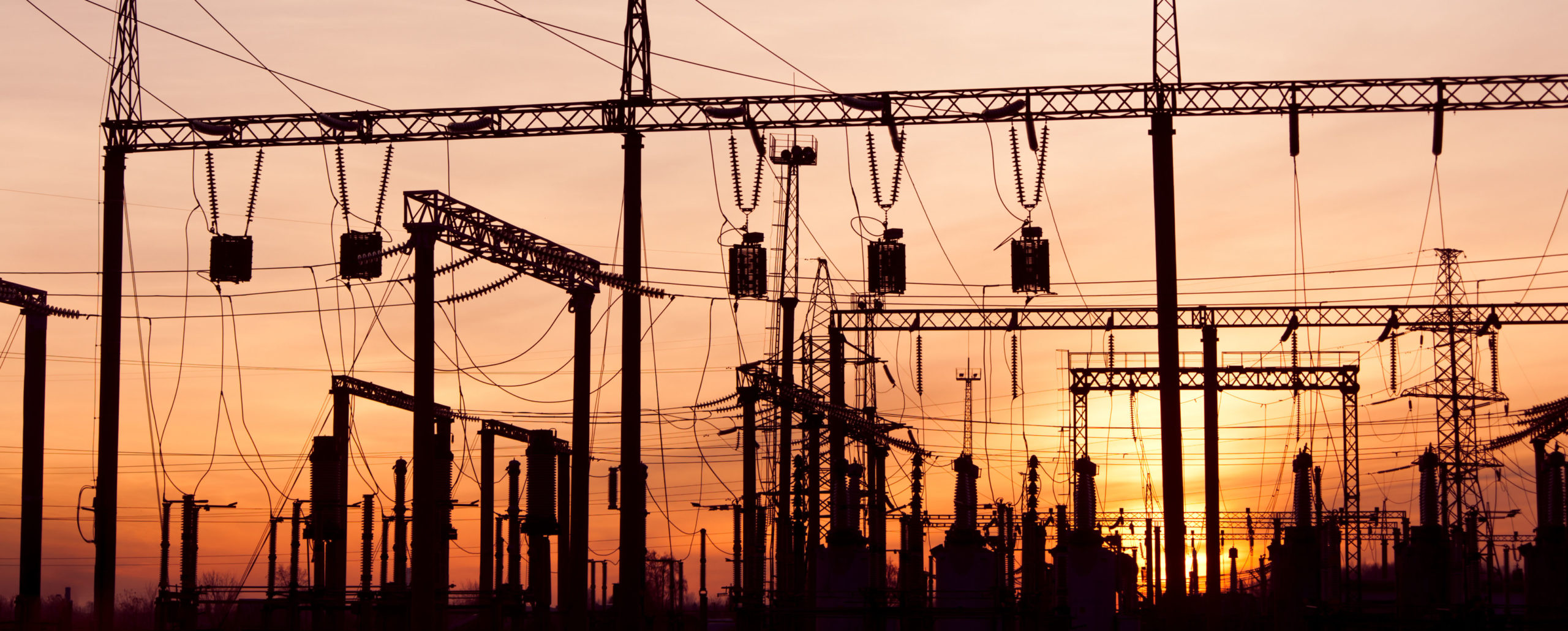

What is going on with the world’s energy?
Electricity and gas prices are breaking records. Gasoline and coal are getting more and more expensive. And all this is leading to a shortage of raw materials. If a cold winter comes, experts warn of an unprecedented energy crisis.
What is happening to the world’s energy? Day in, day out, there is talk of rising electricity bills, the precarious situation of UK petrol stations, empty supermarket shelves and the gas dispute. We review the reasons why economists believe we are heading for a recession that could last well into 2022.
We are at the mercy of climate change. Extreme weather is increasingly becoming an issue, and climatologists fear that, after a dry summer marked by torrential downpours that has prevented Europe’s reservoirs from filling, a cold winter is on the way. They warn of this just days before the G-20 meeting in Rome, where world leaders will have to address not only the recovery after the pandemic crisis, with industry hoping to return to full capacity, but also how to make a transition to renewable energies that does not shake the global economy.
The reality is that, if there is a severe drop in temperatures, there may not be enough resources to protect against the cold, because gas reserves are too low. Europe, for example, faces the autumn with the lowest stockpiles in the last decade, with a capacity of 75%, when before the Covid-19 pandemic they did not fall below 90%. The same is true in Asia and the United States.
Geopolitical gas speculation
Natural gas has long been a problem for Europe. While the centre-north is supplied with gas from Russia, Spain, Portugal or Italy are supplied with gas from Algeria. Despite Moscow’s assurances that it will continue to provide gas to its customers, fears that it will not do so for geopolitical reasons has pushed up the price by 500% in 2020.
Moreover, the Nord Stream 2 pipeline linking Russia and Germany, the great pledge of former chancellor Angela Merkel, is still under construction, and it looks set to take months to become operational. Even so, it only covers half of Europe’s needs. In this context, neoconservative historians such as Karl Schögel regret that Europe has not sufficiently gauged the consequences of relying on Russia.
To add further tension to the market, Morocco has announced that, after 25 years, at the end of October will suspend supplies to Spain and Portugal, due to the rupture of relations with Spain. Pedro Sánchez’s government is already looking for solutions and negotiating with Italy, but has not yet resolved this muddle. So much so that it has proposed a common front to the European Union: buying gas jointly.
The European partners are beginning to look favourably on Sánchez’s proposal, because the alternatives are much worse: on the table there is the reactivation of nuclear energy, the purchase of liquefied gas in ships or the transit of gas through Ukraine, but distribution has also been held back for geopolitical reasons. As a result, energy suppliers, as has happened in Spain, are taking advantage of the situation, among other reasons, to create an oligopoly and break records with the price of electricity.
Gasoline, skyrocketing; coal, at rock bottom
As if this were not enough, the gas crisis and speculation by energy suppliers have been compounded by two other factors: the opportunism of the big oil barons and a half-baked decarbonisation process. On the one hand, now that the economy is finally waking up from the lethargy of the pandemic, the great organisation of the oil sector, OPEC, has led to a disproportionate increase in the value of black gold, the likes of which we have not seen since 2014. The price of petrol has risen by 20.6% since the beginning of 2021 and diesel by 23.09%. Moreover, experts believe that the price of crude oil will continue to rise throughout the winter.
On the other hand, China has begun to monopolise the global supply of coal. The Asian country does not want to stop its growth, despite the fact that it has a decarbonisation plan underway that has depleted its reserves to a level not seen since 2017. For this reason, it is willing to buy coal at any price, and its value has skyrocketed. Energy companies have been struggling for years to find new resources in the face of the progressive abandonment of coal for environmental reasons, but they have not invested quickly enough to compensate.
Clean energy, a half-hearted transition
In fact, experts warn that much of the problem with energy can be explained by the fact that the globalised world has made a half-hearted and ill-considered transition to renewable energies. For this reason, many economists believe that these global energy crises could be quite common over the next decade, until decarbonisation becomes a reality.
International organisations, such as the International Energy Agency (IEA), deny the link between one thing and the other, but experts believe that, for example, the European Union has not sufficiently taken into account that, at present, 80% of primary energy consumption still comes from fossil fuels, and that energy from renewables cannot be stored for the time being.
The domino effect: the dreaded inflation
For all these reasons, the domino effect has not taken long to materialise. The price of aluminium, zinc or copper will reach record highs this October, because the metals are extracted in factories and smelters that are at half throttle due to the energy crisis. The same goes for the manufacture of ceramics, glass or cement, which may affect mainly the construction sector.
At the same time, supply chains are constrained by the upward pressure on petrol prices, in addition to the shortage of lorry drivers that is plaguing the UK because of Brexit. One thing after another is slowing down production and, consequently, pushing up the prices of all raw materials. The dreaded inflation threatens optimistic growth prospects after the pandemic. And the answer, as always, is to build a common world. Will we be up to it?
11Onze is the fintech community of Catalonia. Open an account by downloading the super app El Canut on Android and Apple and join the revolution!
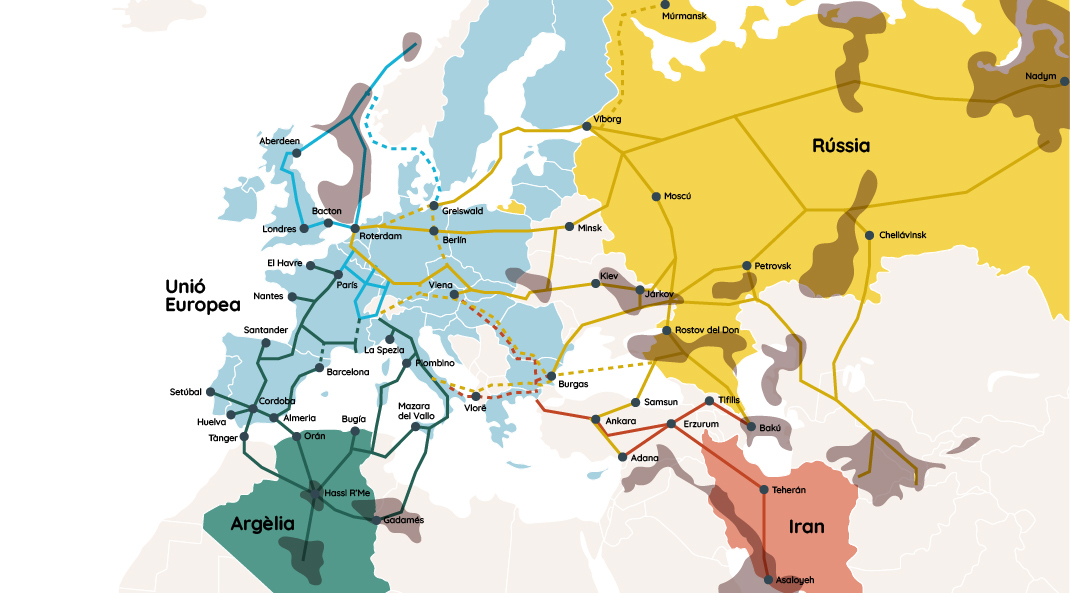
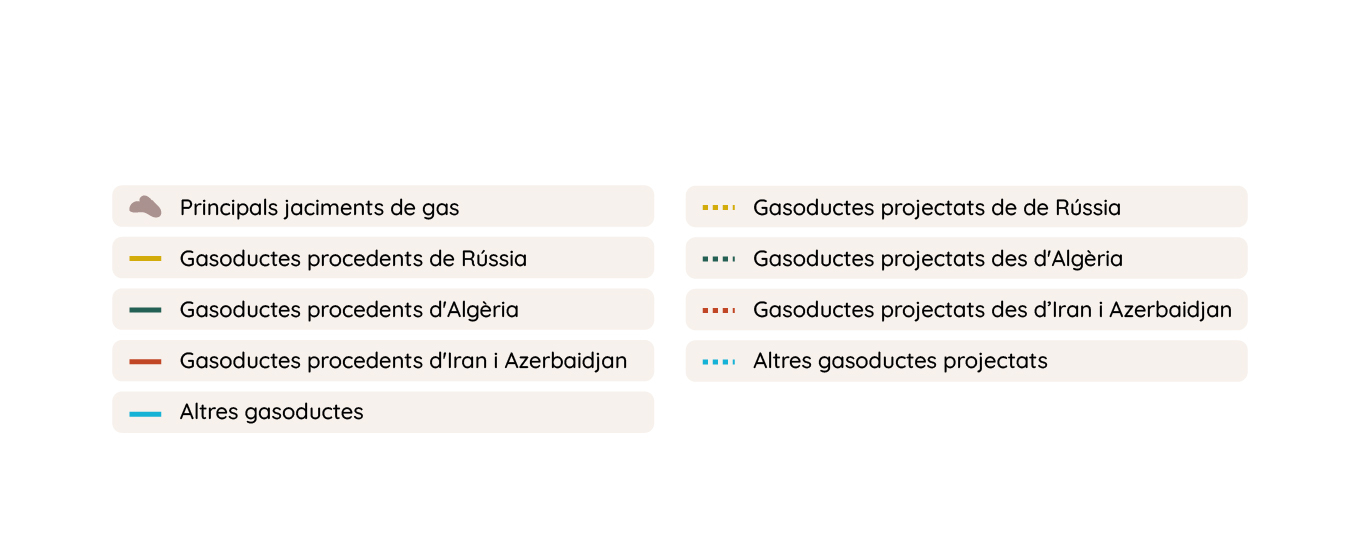

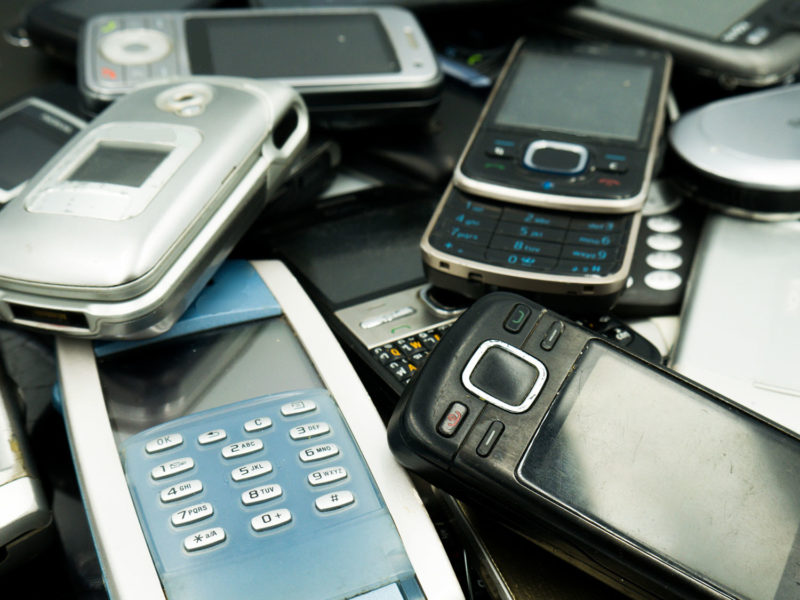
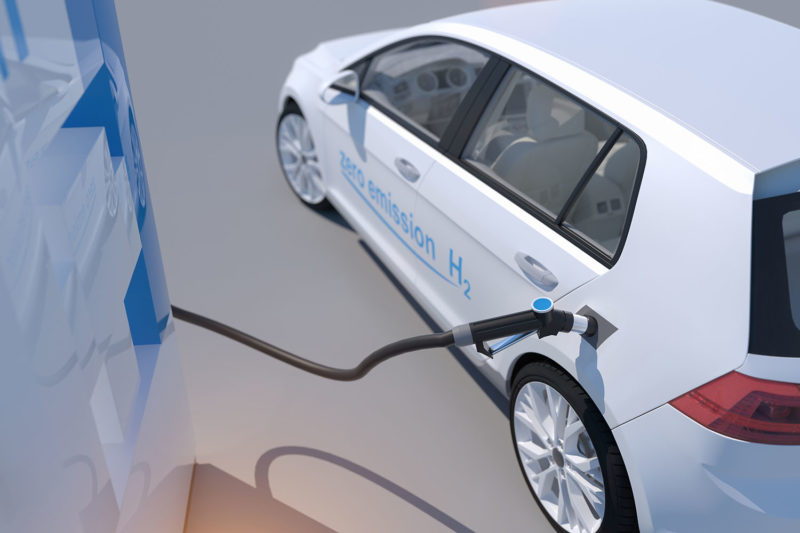


Molt bona informació, espere’m que la energia elèctrica d’autoconsum es generi cadascú a casa seva i de manera sostenible
👏
La geopolítica mou els fils del món. Tan del comerç de productes bàsics com de l´energia. Sigui del color que sigui l´energia, el problema és no ser autosuficient, estar exposat sempre a xantatges -Només cal fixar-se en el mapa dels gasoductes-arribant a acords que només els que signen saben. Amb aquests sistemes els comuns mortals som titelles. I la Xina acaparant carbó, que es pot emmagatzemar. Tenen clar el concepte d’autosuficiència.
Em sembla que Catalunya hi para poca atenció
Veurem com anirem respecte d’aquest tema en els anys vinents, sobretot per l’esgotament del petroli que ha de ser substituït per les noves energies, hidrogen, electricitat…. Moltes gràcies pel teu comentari, Mercè!!!
La pandemia els hi anat molt beaquesta crisi serà devastadora i tot per a poder tenir uns pocs el poder que sempre han tingut
Sembla que desgraciadament serà així. Moltes gràcies pel comentari!
Veient la crisi que s’apropa, malgrat l’escalfament global, he quedat glaçat
Sí, Francesc; sembla ben seriosa. Gràcies per ser-hi!
👍
🤦♀️ Ho tením “clar”
👌